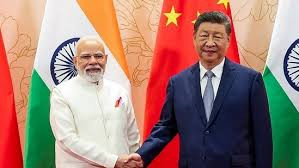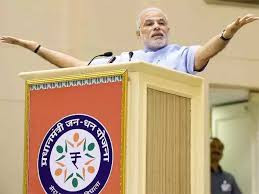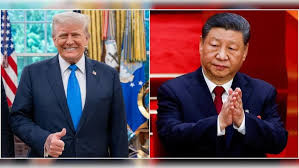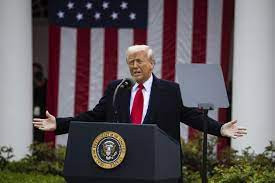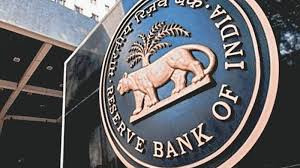Editorial Warns Trump’s Latest Tariff Threats Could Backfire, Is No Surprise to the World
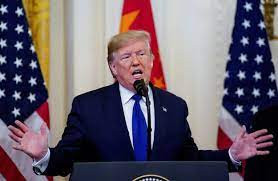
IIE DIGITAL DESK : U.S. President Donald Trump has once again targeted a broad swath of nations with steep tariff threats, this time zeroing in on 14 countries with proposed reciprocal tariffs ranging from 25% to 40%. As emphasized in an editorial by Telangana Today, these aggressive economic measures—imposed via social media blasts on Truth Social—are exactly in line with Trump’s high-stakes, confrontational approach to global trade .
The editorial points out that none of these moves come as a surprise. In classic Trump style, even longtime allies such as Japan and South Korea find themselves in the crosshairs alongside ASEAN nations including Bangladesh, Malaysia, Cambodia, Thailand, Laos, Myanmar, and others. This strategic sweep appears aimed at forcing negotiations through public intimidation, rather than incremental diplomacy .
From a tactical standpoint, the editorial identifies this as a “risky shortcut,” warning that such overarching tariffs threaten to destabilize global trade by sowing uncertainty and provoking retaliatory measures. Far from exerting unilateral leverage, they may instead isolate the U.S. from vital trade networks—precisely the flows the country depends on .
The scope of the tariffs covers both longstanding allies and growing global players. Japan and South Korea face 25% tariffs unless stronger deals are struck soon, while nations with deepening economic ties to China—like Thailand, Cambodia, Indonesia, and Myanmar—face even harsher penalties. The editorial highlights how this broad targeting is reshaping global trade alliances: nations are either scrambling to stay aligned with the U.S. or drifting toward alternative blocs such as BRICS .
Indeed, the editorial notes that BRICS governments are intensifying intra-group trade initiatives, seeing an opportunity to reduce dependence on U.S.-centric markets and craft a more independent economic identity . Trump has publicly threatened additional tariffs for any country sympathetic to what he frames as “anti-American” BRICS policies—effectively drawing a geopolitical line in the sand .
While this kind of bold, hardline stance may resonate domestically among voters who support economic nationalism, the editorial sharply critiques it as reckless. Rather than being a display of fortitude, it risks severing critical alliances, disrupting commerce, and undermining international law and established trade norms .
The piece also warns that Trump’s zero-sum trade gambit could harden fragmentation across global markets. Emerging economies might respond by forging tighter South–South partnerships or aligning with rival coalitions. The U.S. may find itself fighting a currency war, taunting its partners into closer reliance on each other.
The editorial contends that expecting unilateral pressure to compel better U.S. outcomes overlooks one immutable fact: trade is inherently mutual. Undermining partners through “shortcut” tariffs doesn’t build strength—it lays the groundwork for estrangement and eroded influence. If the goal is to shape a global economy that benefits the U.S., the piece argues, it must restore stable, reciprocal, and legally grounded trade frameworks—otherwise Washington risks trading long-term trust for transient headlines .
You might also like!


